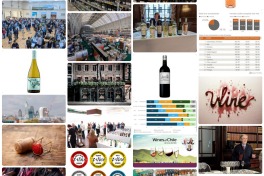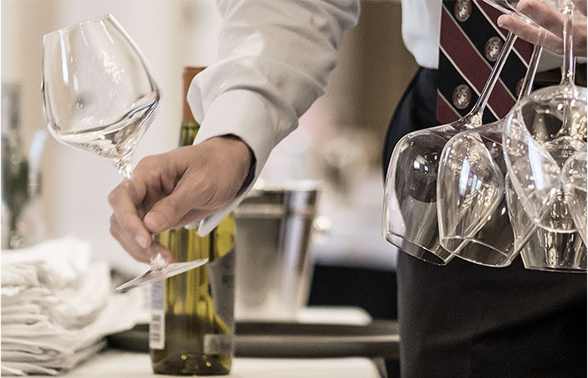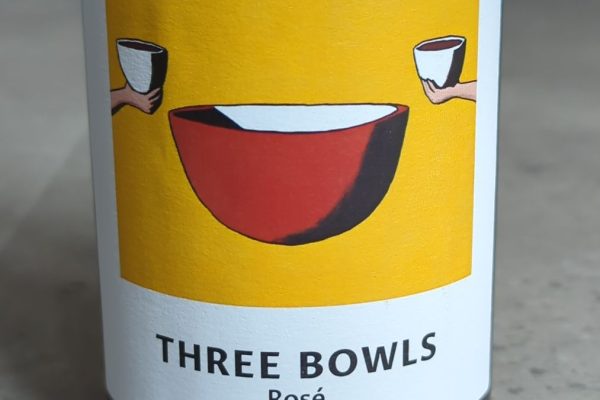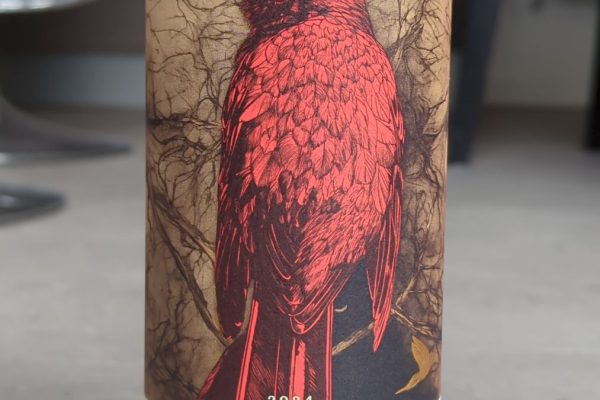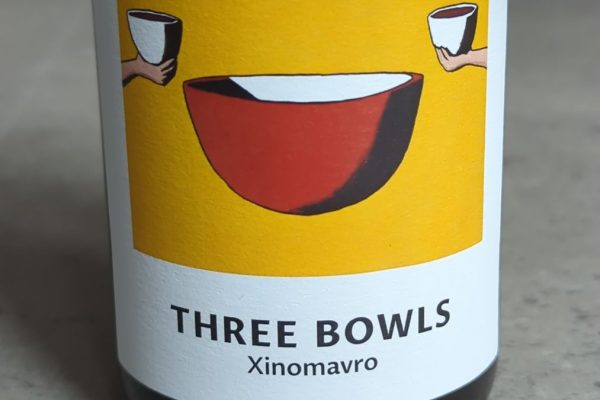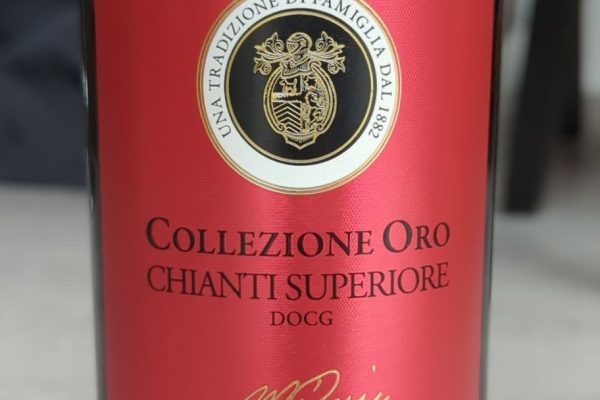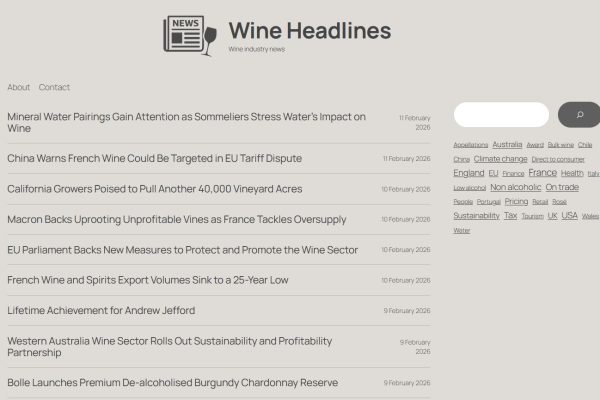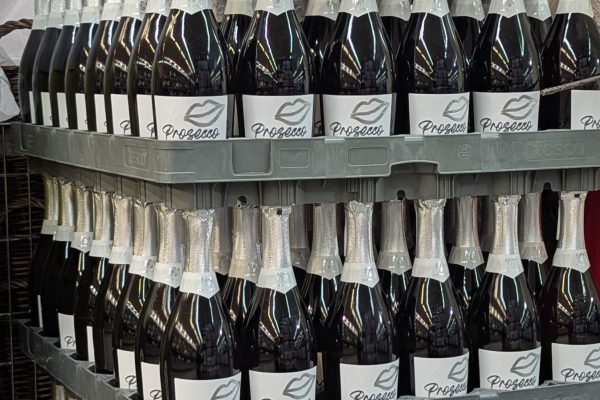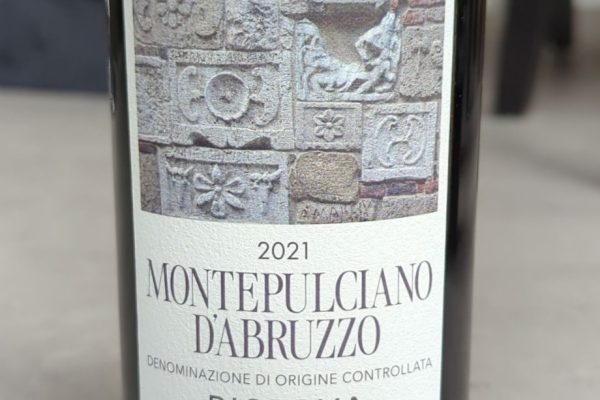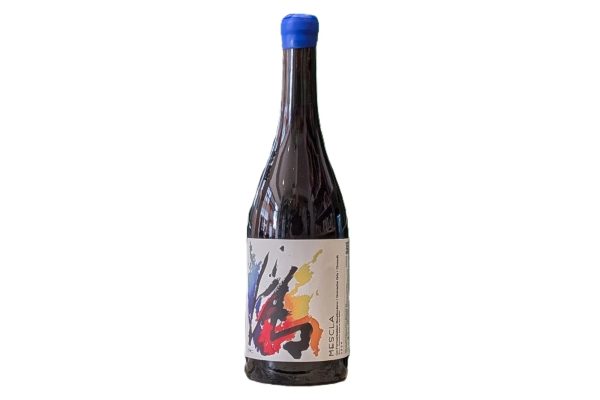
I noticed a trend, at the London Wine Fair, that producers are increasingly selling directly via their own and wine platforms, and this shift is supported by recent data from IWSR, which projects that the global online alcohol market will exceed $36 billion by 2028. According to IWSR’s Ecommerce Strategic Study, covering 18 key markets including the UK, this represents a 20% increase in value over five years, indicating a move from the erratic pandemic-influenced period to more stable, sustainable growth.
The study highlights that digital platforms now influence not only online but also offline alcohol purchasing decisions. Many consumers rely on online research, such as brand websites and delivery apps, to guide in-store purchases. Consequently, a strong digital presence is no longer optional for alcohol brands. It is essential for visibility, engagement, and competitiveness.
Growth is being driven particularly by China and the US. In China, social commerce platforms like Douyin are blurring the lines between entertainment and shopping, allowing direct sales via influencers, despite stricter regulations in other countries. Meanwhile, in the US, online alcohol shopping is gaining momentum, especially among Millennials, with American whiskey, notably high-end products, playing a central role.
Although some less mature ecommerce markets are seeing a return to pre-pandemic levels, countries like Japan, Brazil, and Italy are showing encouraging signs of growth. Italy, in particular, is expected to see the fastest growth due to supermarket investment in online services. The UK market, however, is forecast to decline slightly from its peak before returning to growth in 2026.
Consumer habits are also stabilising. While economic pressures make value a key concern, discovery remains a vital motivator, with nearly a quarter of shoppers citing the search for new brands as a key reason for shopping online. Additionally, ecommerce is increasingly viewed as a research tool, with 63% of online alcohol buyers researching extensively before purchasing, a behaviour now influencing offline decisions too.
This analysis confirms that ecommerce is now firmly embedded in the alcohol industry’s landscape, not just as a transactional platform, but as a critical channel for marketing, engagement, and consumer decision-making.




